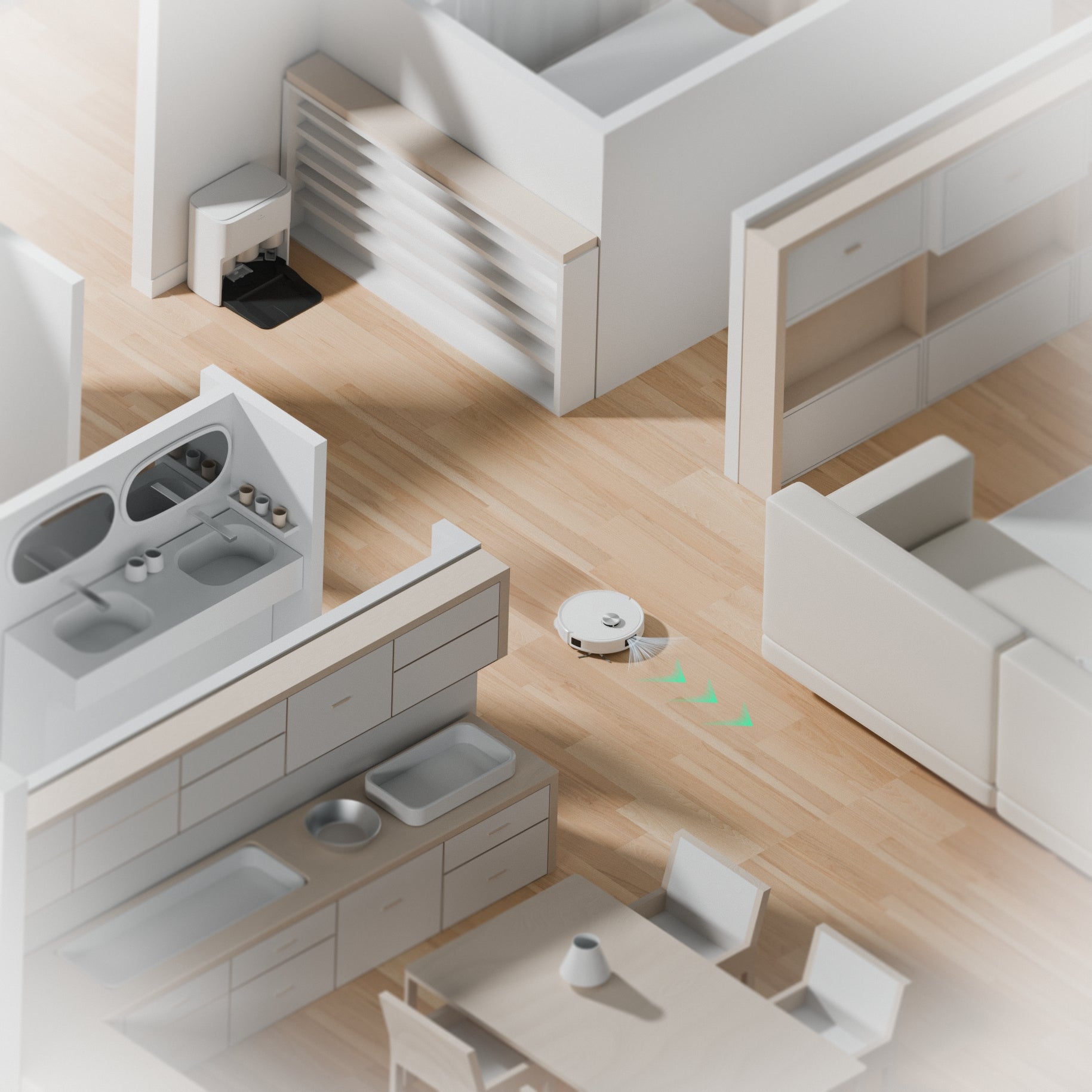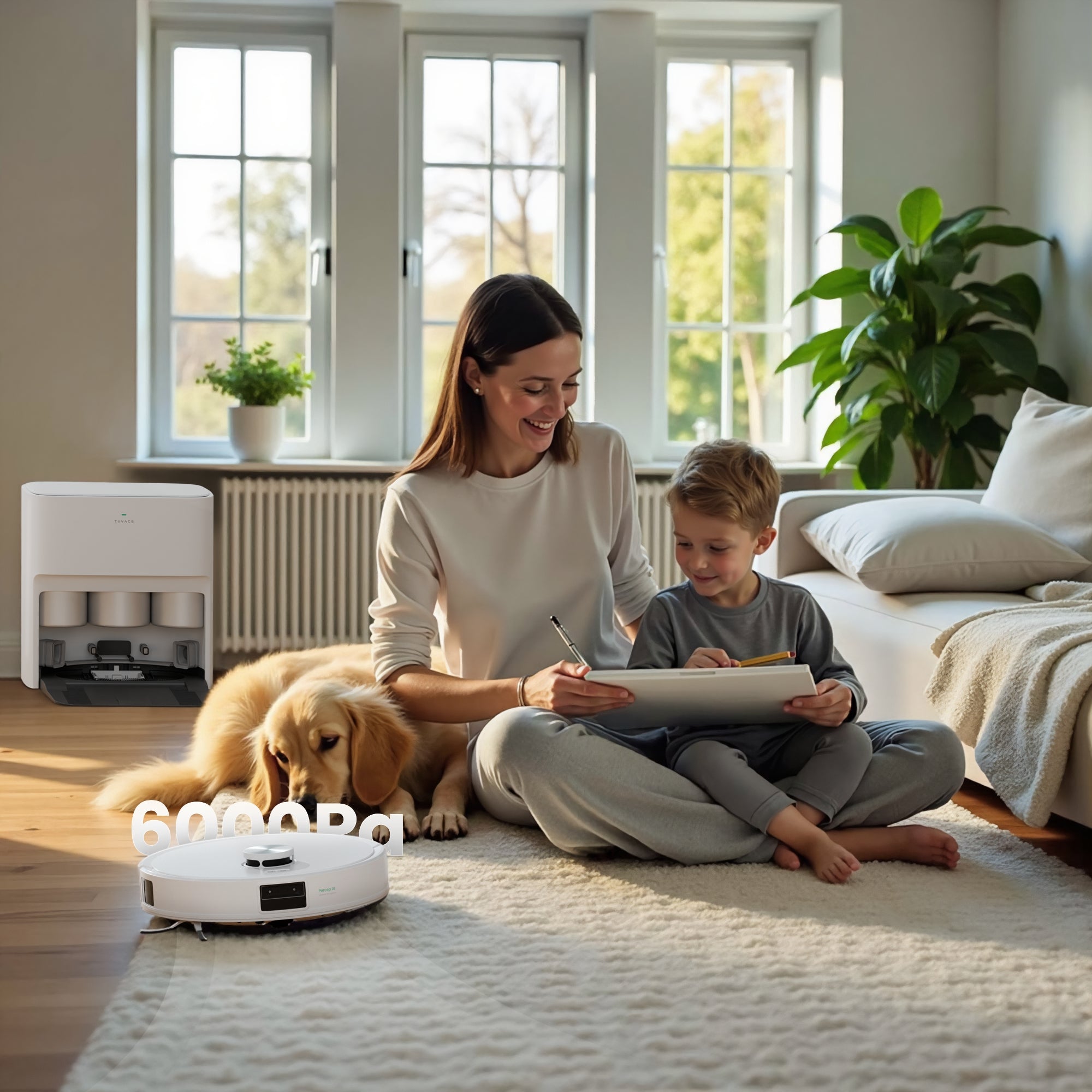
In a world where automation is rapidly transforming our daily lives, it is estimated that the global market for robotic vacuum cleaners will reach $6.5 billion by 2027. This staggering figure underscores not only the popularity of intelligent robot vacuums but also their increasing integration into modern households and workplaces.
The Legal Framework Surrounding Intelligent Robot Vacuums
Intelligent robot vacuums are sophisticated devices equipped with advanced technologies such as artificial intelligence (AI) and machine learning algorithms. These features enable them to navigate complex environments autonomously while performing cleaning tasks efficiently. From a legal perspective, these robots raise unique questions regarding liability, privacy, and employment regulations. As they become more prevalent in both residential and commercial settings, it becomes imperative to examine how existing laws apply to their operation and the implications for Employment and Labor Policies.
Home Robot Vacuum Cleaners and Employment Regulations
The emergence of home robot vacuum cleaners has prompted discussions about their role within Employment and Labor Policies. While these devices are designed primarily for domestic use, their impact on household labor dynamics cannot be overlooked. For instance, as families increasingly rely on automated cleaning solutions, there may be fewer job opportunities for traditional housekeepers or cleaning services. Consequently, this shift necessitates an evaluation of labor policies that address potential job displacement caused by technological advancements in home maintenance.
Tuvacs: A Case Study in Employment Policy Implications
Tuvacs exemplify the intersection between technology innovation and employment policy considerations within the realm of intelligent robot vacuums. As one of the leading brands in robotic cleaning technology, Tuvacs have been at the forefront of discussions surrounding worker rights in an era dominated by automation. Their deployment raises critical questions about fair compensation for human workers who may find themselves competing against machines capable of performing similar tasks without fatigue or breaks—further complicating existing labor frameworks.
Conclusion

In summary, intelligent robot vacuums represent a significant advancement in household technology; however, they also pose challenges related to Employment and Labor Policies that must be addressed proactively. As we continue to embrace these innovations within our homes and workplaces, it is essential to ensure that legal frameworks evolve accordingly to protect workers’ rights while fostering technological progress.
